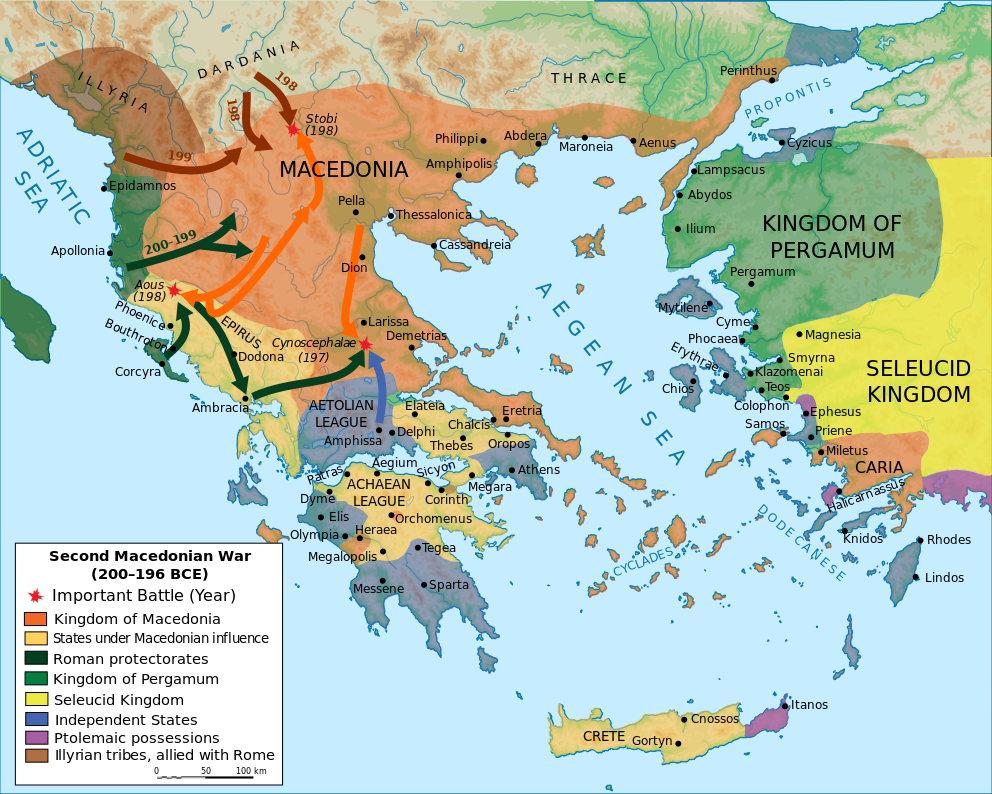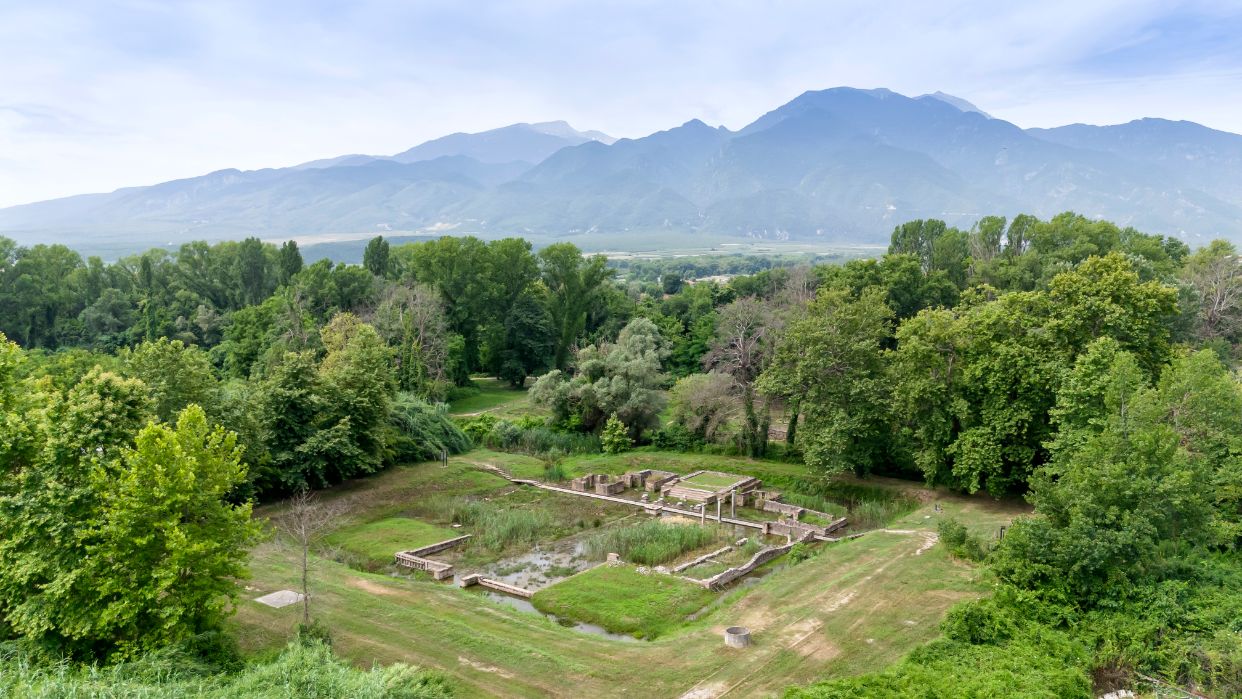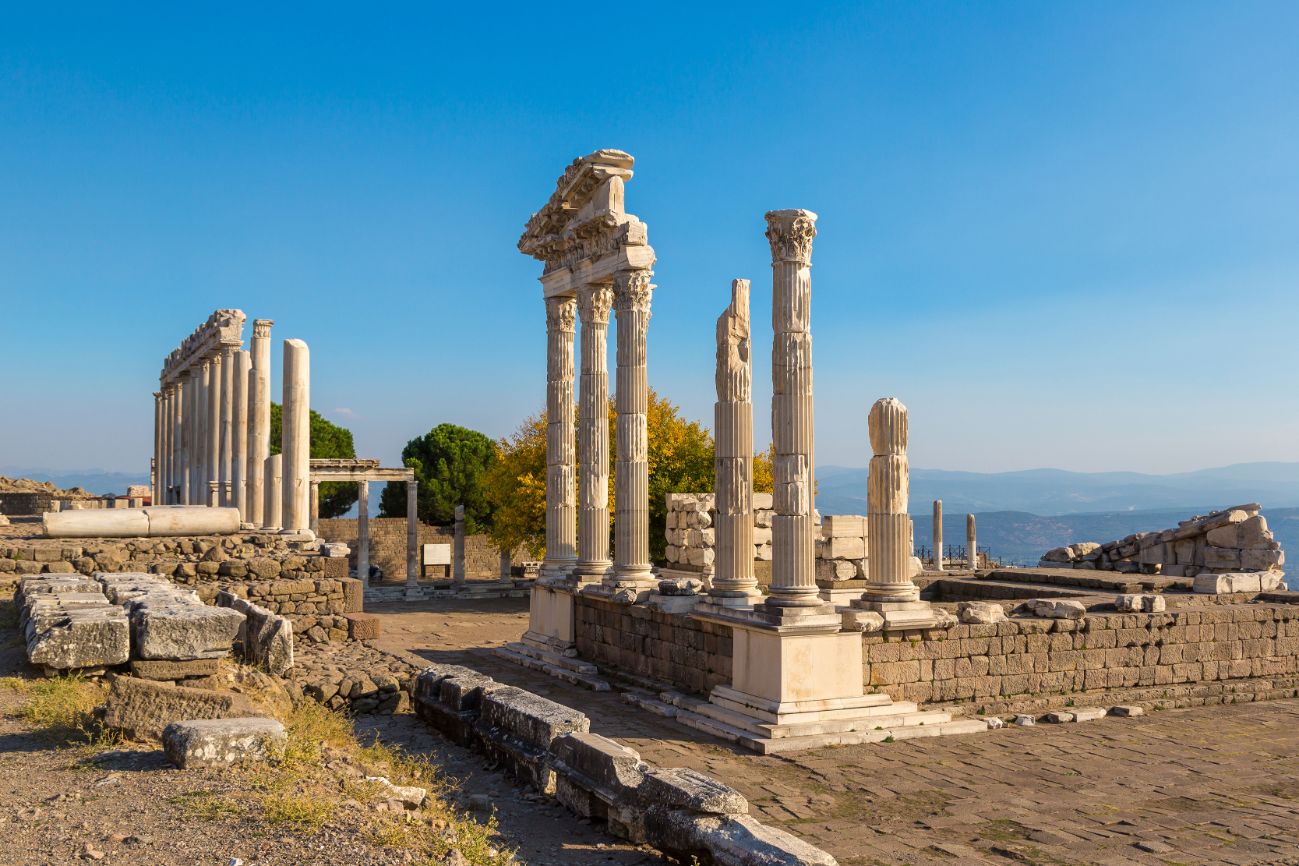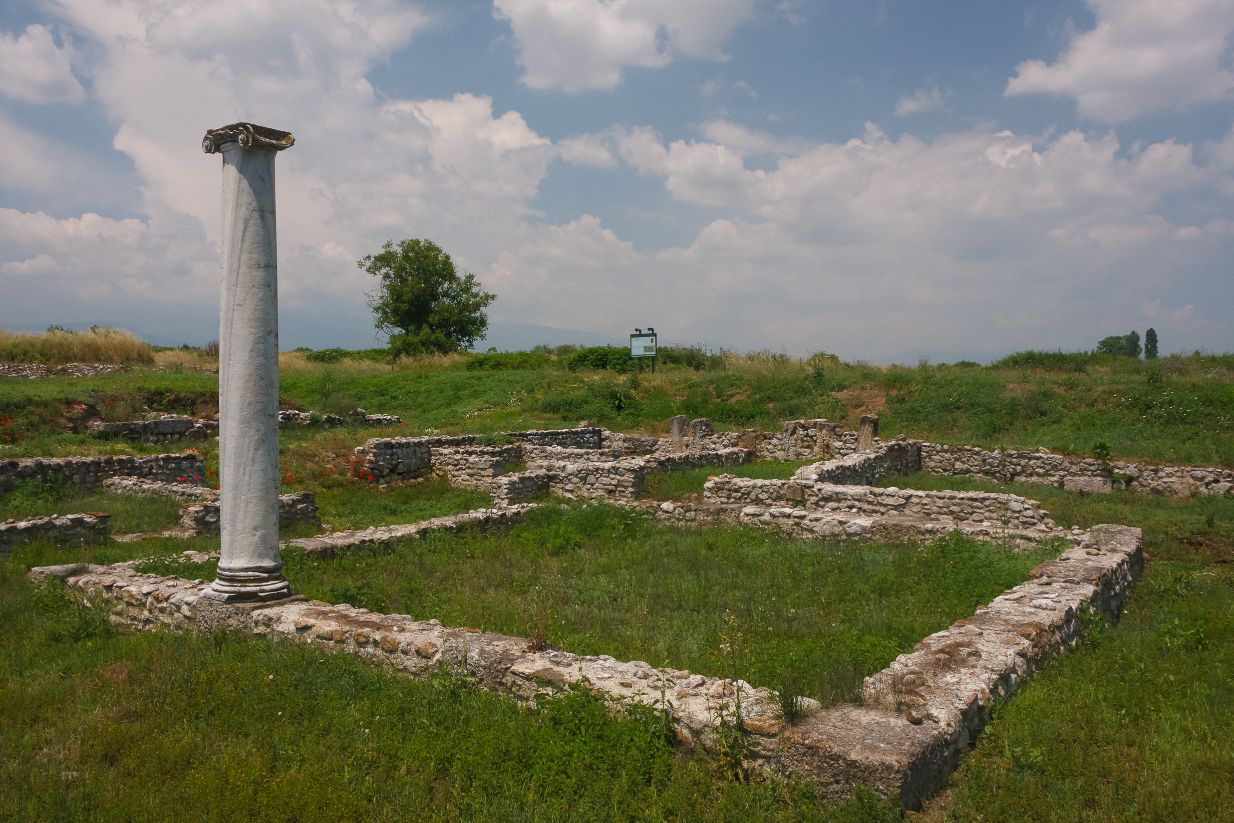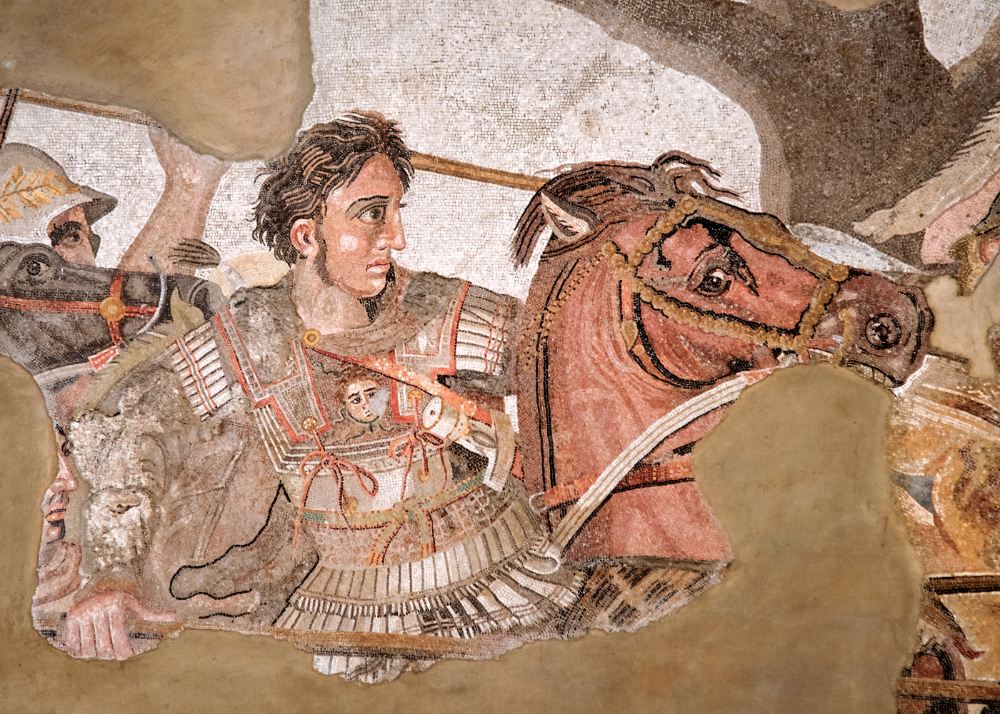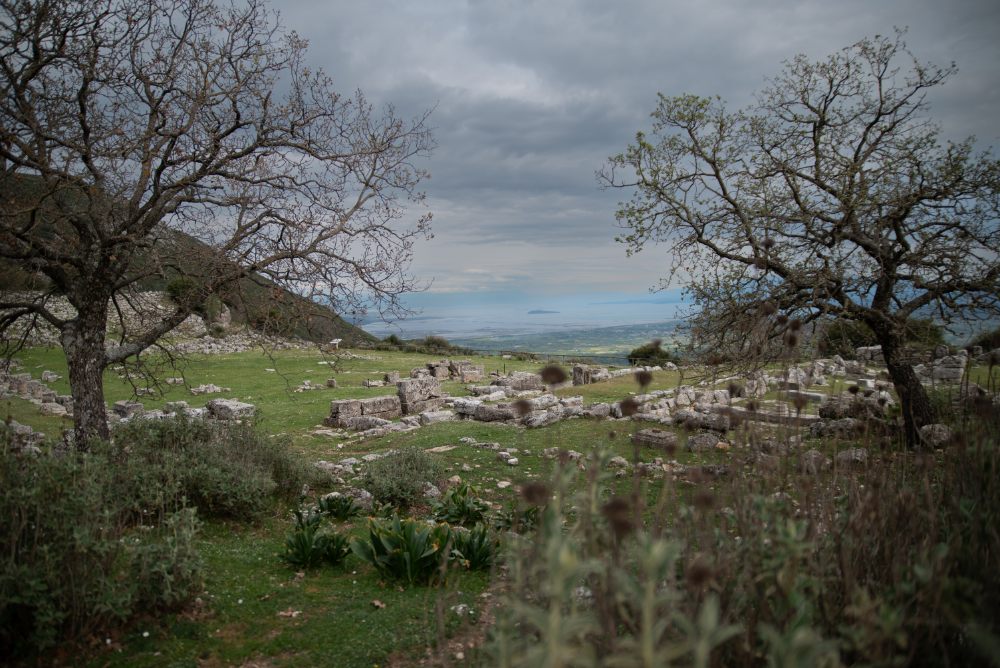Power, Fragmentation, and the Struggle to Inherit Alexander’s Empire
The death of Alexander the Great in 323 BC left behind a vast empire with no clear successor. His generals—known as the Diadochi, or “successors”—quickly turned from loyal commanders to bitter rivals. Over the next four decades, their struggle to control portions of Alexander’s territory led to a series of brutal conflicts, political intrigue, and the permanent division of the empire.
Initially, the empire was held together by a fragile regency, ostensibly ruling in the name of Alexander’s half-brother Philip III and his infant son Alexander IV. But unity collapsed as ambitions rose. Key figures like Ptolemy, Seleucus, Antigonus, and Lysimachus carved out regions for themselves—Egypt, the Near East, Asia Minor, and Thrace, respectively—laying the groundwork for future Hellenistic kingdoms.
These wars were not merely power struggles but also battles over legitimacy and identity. The Diadochi often styled themselves as heirs to Alexander’s legacy, founding new cities, minting coinage with royal imagery, and promoting Hellenistic culture in their territories. Some, like Ptolemy I, even rebranded themselves as pharaohs or kings, merging local traditions with Macedonian authority.
By the early 3rd century BC, the original dream of a united empire was dead. Instead, a triad of dominant Hellenistic kingdoms emerged: the Seleucid Empire, Ptolemaic Egypt, and Antigonid Macedon. These states would shape Mediterranean politics, culture, and warfare for the next 150 years.The Diadochi Wars were pivotal not only for ending Alexander’s singular empire but for ushering in the Hellenistic era—a time when Greek culture spread widely but also adapted to local customs across vast regions. Their legacy, while born of violence, established the political and cultural order of the post-Alexandrian world.



